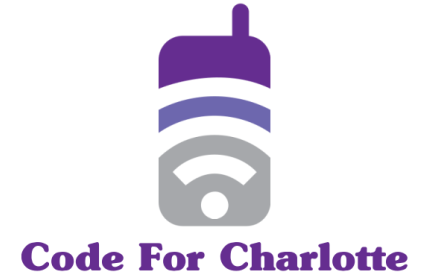In today’s fast-paced business environment, it’s more important than ever to stay connected with clients and customers. However, with the constant demands of daily operations, it’s easy to miss important phone calls that could be potential leads or vital communication from partners. This guide aims to help business owners and professionals reduce the likelihood of missing important calls, by offering practical tips and strategies for streamlining phone management and staying connected.
How many calls are you currently missing?
Are you missing out on calls? It’s an unfortunate reality that many businesses miss out on valuable opportunities because they’re not efficient in managing their phones. Studies show that on average, businesses are missing out on up to 20% of their incoming calls. With such a high percentage of missed calls, businesses are losing out on potential new customers and business opportunities.
What impact does this have on your business?
If your business is not properly optimized to handle incoming calls, it can have a major impact on your business. Missed calls has a ripple effect that can lead to a decrease in customer satisfaction, decreased sales, and a decrease in customer loyalty. Furthermore, when potential customers are unable to reach your business, they may turn to the competition. It’s important to be aware of how many calls you’re missing and how it can affect your business.
What are the most common reasons for missed calls?
There are many reasons why businesses may be missing out on calls. Here are some of the most common reasons:
- Not having enough customer service resources
- Poor customer service
- Lack of phone system optimization
- Poor customer service training
- Not using automated customer service
- Not having enough phone lines
- Poor phone system performance
- Not having a call-back system
- Not having a voicemail system
Optimizing phone management
If you’re looking to optimize your phone management and reduce the number of missed calls, there are a few steps you can take. Here are some of the most effective techniques for optimizing phone management:
- Invest in a good phone system. Invest in a phone system that is reliable and able to handle high volumes of calls.
- Use automated customer service. Automated customer service can help you handle more calls in less time.
- Increase the number of customer service staff. Increase the number of customer service staff to ensure that you can handle the high volume of calls.
- Use a call-back system. A call-back system allows you to get back to customers quickly and efficiently.
- Have a voicemail system. Voicemail systems allow customers to leave messages if no one is available to answer the call.
- Train customer service staff. Properly train customer service staff to ensure that they are able to handle customer requests efficiently and professionally.
- Monitor performance. Monitor the performance of your phone system to ensure that it is up to date and functioning properly.
- Use a customer service software. A customer service software can help you manage customer inquiries and track customer interactions.
Using technology to reduce missed calls
Implementing a CRM system
Customer Relationship Management (CRM) systems are powerful tools for businesses of all sizes. By using a CRM, businesses can track customer data, interactions, and notes in one centralized location. This data is invaluable for providing customers with a positive experience and ensuring that no calls are missed.
In addition to tracking customer info, a CRM can help businesses prioritize incoming calls and route them to the right staff member. This can dramatically reduce the number of calls that slip through cracks and are never returned.
Using caller ID to prioritize calls
Using caller ID to prioritize calls is a great way to ensure that no calls are missed. By identifying the caller, businesses can instantly identify the importance of the call and make sure they are routed to the right staff member.
This not only reduces the chance of a call slipping through the cracks, but also ensures that customers get the attention they deserve. Additionally, businesses can use caller ID to determine the best time to call a customer back, or even set up a reminder for a follow-up call.
Utilizing scheduling software to manage availability
Utilizing scheduling software is a great way to ensure that all incoming calls are answered in a timely manner. Scheduling software can help businesses monitor staff availability, set appointments, and even automate follow-up calls. This can help businesses make sure their staff is always available to take calls, and that no calls are missed.
Additionally, scheduling software can be used to create an automated call back list, which can help businesses ensure that all incoming calls are returned in a timely manner.

